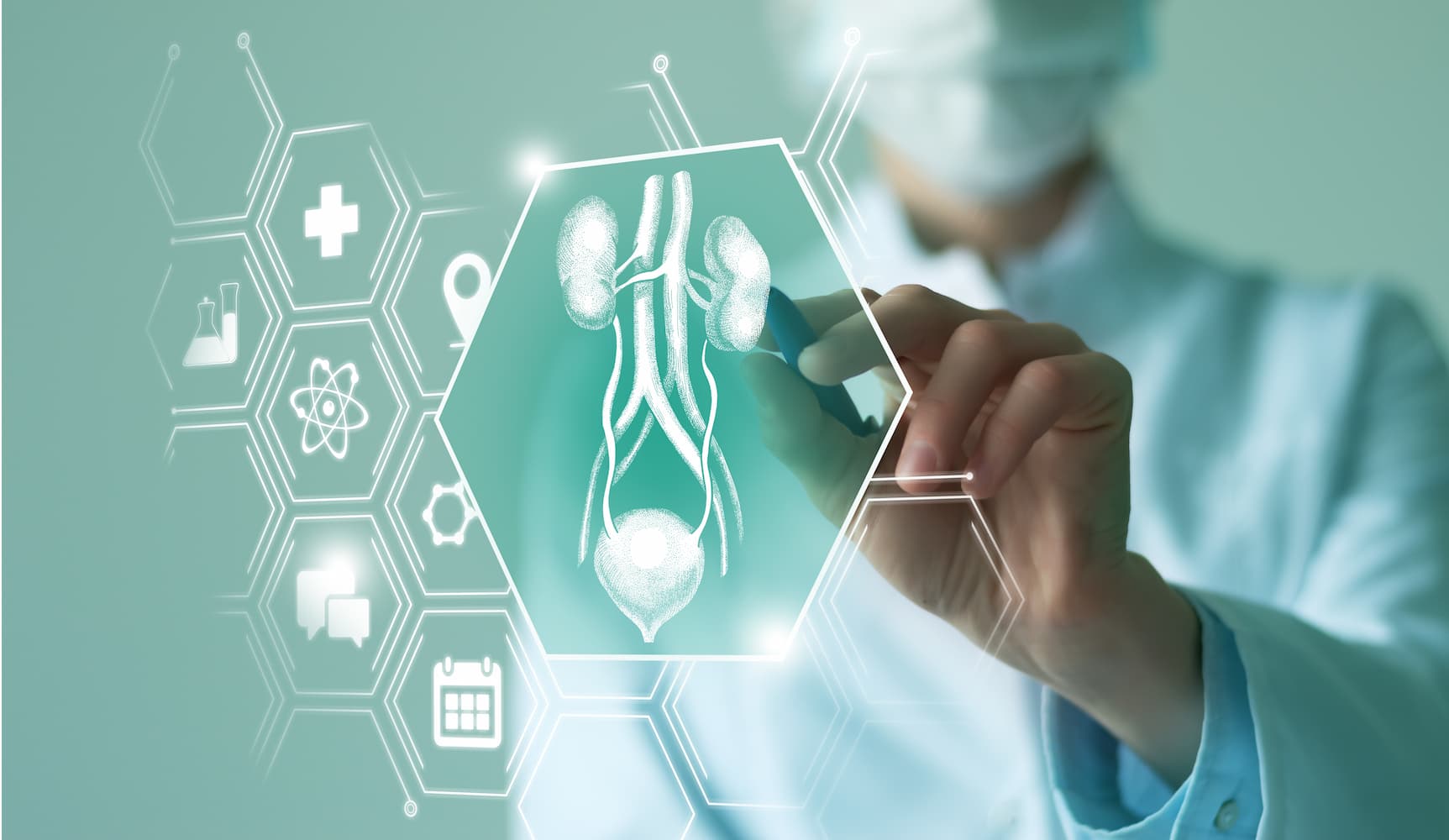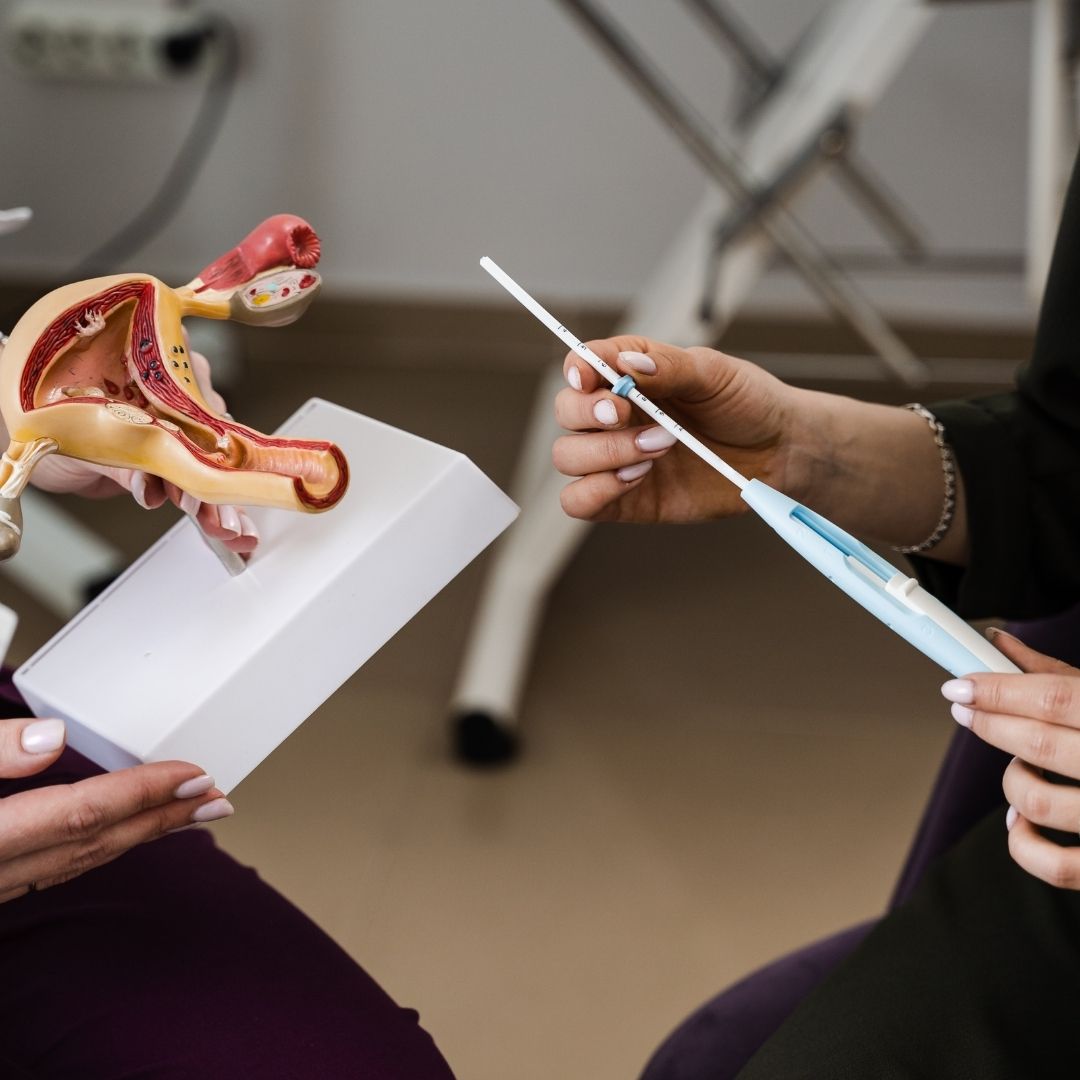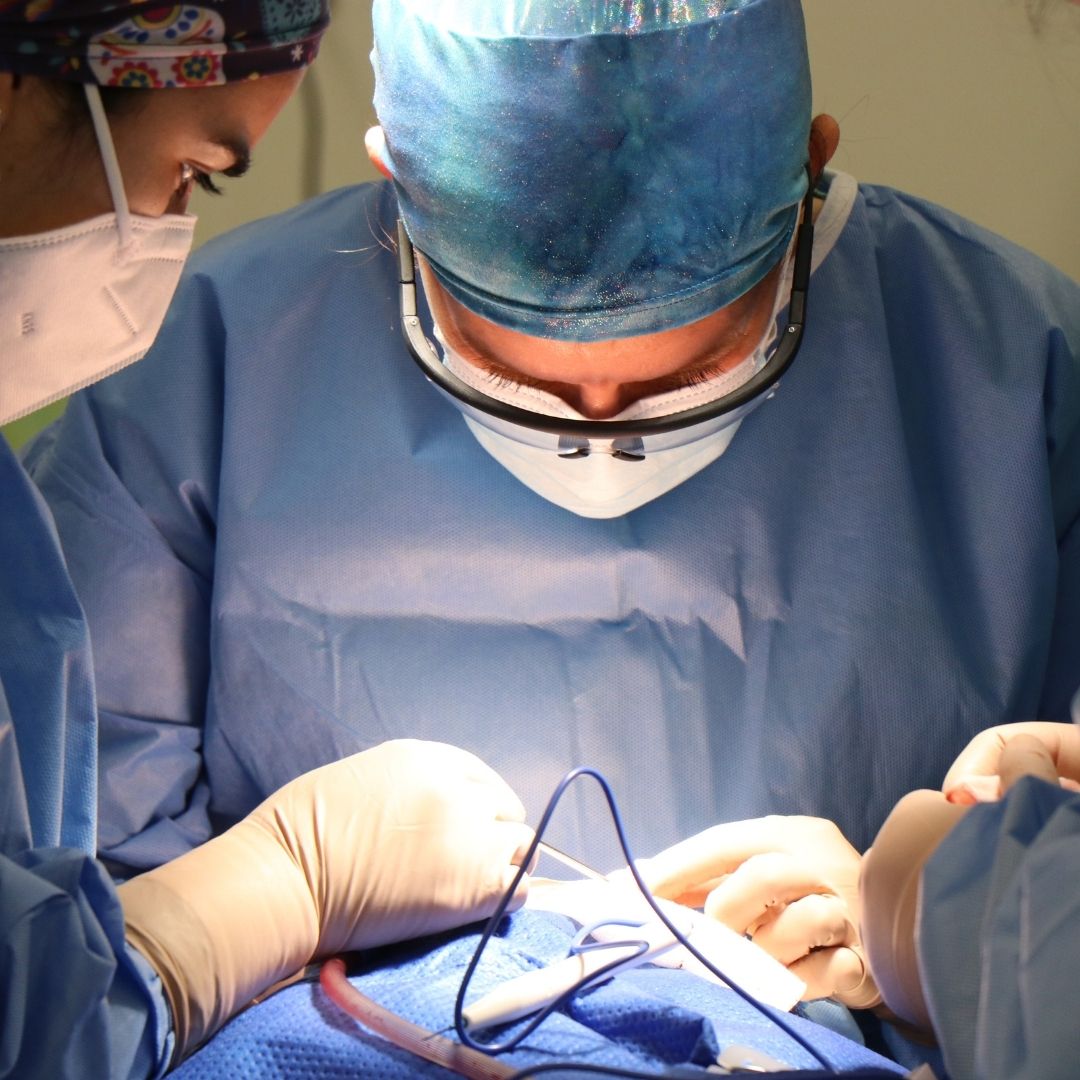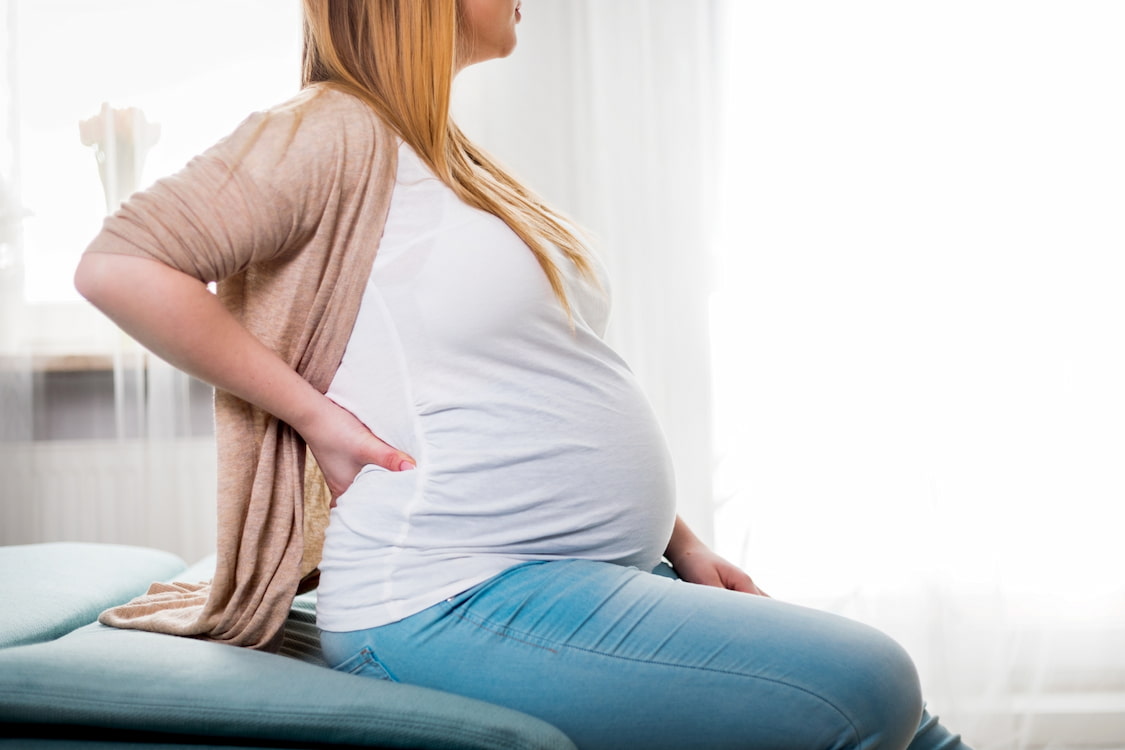
How to Treat Cysts Safely and Effectively During Pregnancy
Pregnancy can be a beautiful experience, but it can also come with its own set of challenges. One such challenge is the development of ovarian cysts. If you're pregnant and have been diagnosed with an ovarian cyst, you may have several questions about how it can affect your pregnancy and what treatment options are available. In this article, we'll explore how to treat cysts safely and effectively during pregnancy, as well as answer some common questions related to cysts and pregnancy.
What Happens If You Have a Cyst While Pregnant?
Ovarian cysts are fluid-filled sacs that can develop on or within the ovary. While ovarian cysts are quite common and often harmless, they can cause discomfort and complications, particularly during pregnancy. In most cases, ovarian cysts do not pose a serious risk to the health of the mother or baby, but they should still be monitored closely by a healthcare professional.
Does Cyst Go Away During Pregnancy?
In some cases, ovarian cysts may go away on their own during pregnancy, particularly functional cysts. These are cysts that develop as a result of the normal menstrual cycle and usually resolve on their own within a few weeks. However, if the cyst is larger in size or does not go away on its own, it may need to be monitored or treated.
Can You Give Birth Naturally With a Cyst?
Whether or not you can give birth naturally with a cyst depends on the size and location of the cyst. In most cases, small cysts do not pose a significant risk during childbirth, and vaginal delivery is still possible. However, if the cyst is large or located in a position that may obstruct delivery, a cesarean section may be necessary.
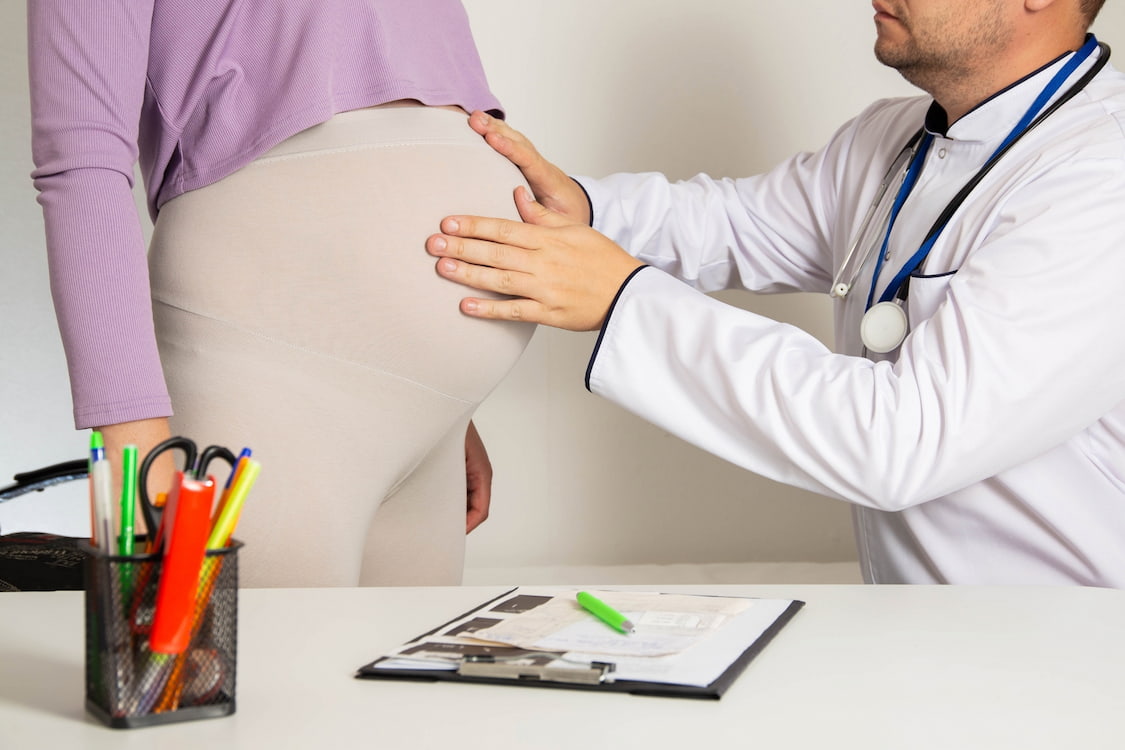
How Long Does Ovarian Cyst Last During Pregnancy?
The duration of an ovarian cyst during pregnancy can vary. Some cysts may resolve on their own within a few weeks, while others may persist throughout the pregnancy. The length of time the cyst lasts can also depend on the type and size of the cyst, as well as other factors such as hormonal changes.
Can You Carry a Baby with a Cyst?
In most cases, it is safe to carry a baby with a cyst. Ovarian cysts are relatively common and often do not pose a significant risk to the health of the mother or baby. However, it is important to monitor the cyst closely to ensure that it does not grow or cause any complications.
Does Cyst Hurt the Baby?
In most cases, ovarian cysts do not directly harm the baby. However, if the cyst grows too large or causes other complications, it may indirectly impact the health of the baby. Additionally, if the mother experiences pain or discomfort as a result of the cyst, it may impact her ability to care for the baby during pregnancy.
Now that we've answered some common questions related to cysts and pregnancy, let's explore some treatment options for cysts during pregnancy.
Treating Cysts Safely and Effectively During Pregnancy
If you have been diagnosed with an ovarian cyst during pregnancy, your healthcare provider will likely recommend monitoring the cyst closely to ensure that it does not grow or cause any complications. In some cases, medication may be prescribed to help shrink the cyst or alleviate symptoms such as pain or discomfort.
If the cyst is large or causing significant discomfort, surgery may be necessary. However, surgery during pregnancy is generally avoided unless absolutely necessary, as it can pose a risk to the health of the mother and baby.
In addition to medical treatment, there are some steps you can take at home to help manage symptoms and promote healing. These include:
Rest and relaxation: It is important to take time to rest and relax during pregnancy, particularly if you are experiencing pain or discomfort related to an ovarian cyst.
Heat therapy: Applying heat to the affected area can help to alleviate pain and discomfort associated with the cyst. You can use a warm compress, heating pad or take a warm bath to ease the symptoms.
Hydration: Drinking plenty of water can help to promote healing and reduce the risk of complications associated with ovarian cysts.
Diet: Eating a healthy, balanced diet can help to support the immune system and promote healing. Avoiding processed foods and sugar can also help to reduce inflammation in the body.
Exercise: Gentle exercise, such as walking or prenatal yoga, can help to reduce stress and promote healing. However, it is important to consult with your healthcare provider before starting any new exercise regimen during pregnancy.
It is important to note that some ovarian cysts may rupture during pregnancy, which can cause significant pain and potentially lead to complications. If you experience symptoms such as severe pain, fever, or vomiting, it is important to seek medical attention immediately.
Left Ovarian Cyst
A left ovarian cyst is a type of ovarian cyst that develops on the left ovary. Like other types of ovarian cysts, a left ovarian cyst can cause discomfort and complications during pregnancy. Treatment options for a left ovarian cyst during pregnancy are similar to those for other types of ovarian cysts and may include monitoring, medication or surgery.
Ovarian Cyst Pregnancy
Ovarian cysts during pregnancy are relatively common and often do not pose a serious risk to the health of the mother or baby. However, they should be monitored closely by a healthcare professional to ensure that they do not grow or cause complications. Treatment options for ovarian cysts during pregnancy may include monitoring, medication or surgery, depending on the type and size of the cyst.
In conclusion, ovarian cysts during pregnancy can be concerning, but with proper monitoring and treatment, they can be managed safely and effectively. If you have been diagnosed with an ovarian cyst during pregnancy, it is important to work closely with your healthcare provider to ensure that you receive the care and support you need. With proper care, you can have a healthy and successful pregnancy, even with an ovarian cyst.
Healthy Türkiye Notes
In conclusion, ovarian cysts during pregnancy can be a cause for concern, but with proper monitoring and treatment, they can be managed safely and effectively. Women who are pregnant and diagnosed with an ovarian cyst should work closely with their healthcare provider to ensure that they receive the care and support they need throughout their pregnancy. This may include monitoring the cyst for changes in size or symptoms, medication to manage pain or discomfort, or surgery to remove the cyst if necessary. It is important to remember that many women with ovarian cysts go on to have healthy pregnancies and deliveries, and with proper care, you can too. If you have any questions or concerns about ovarian cysts during pregnancy, talk to your healthcare provider for guidance and support.
